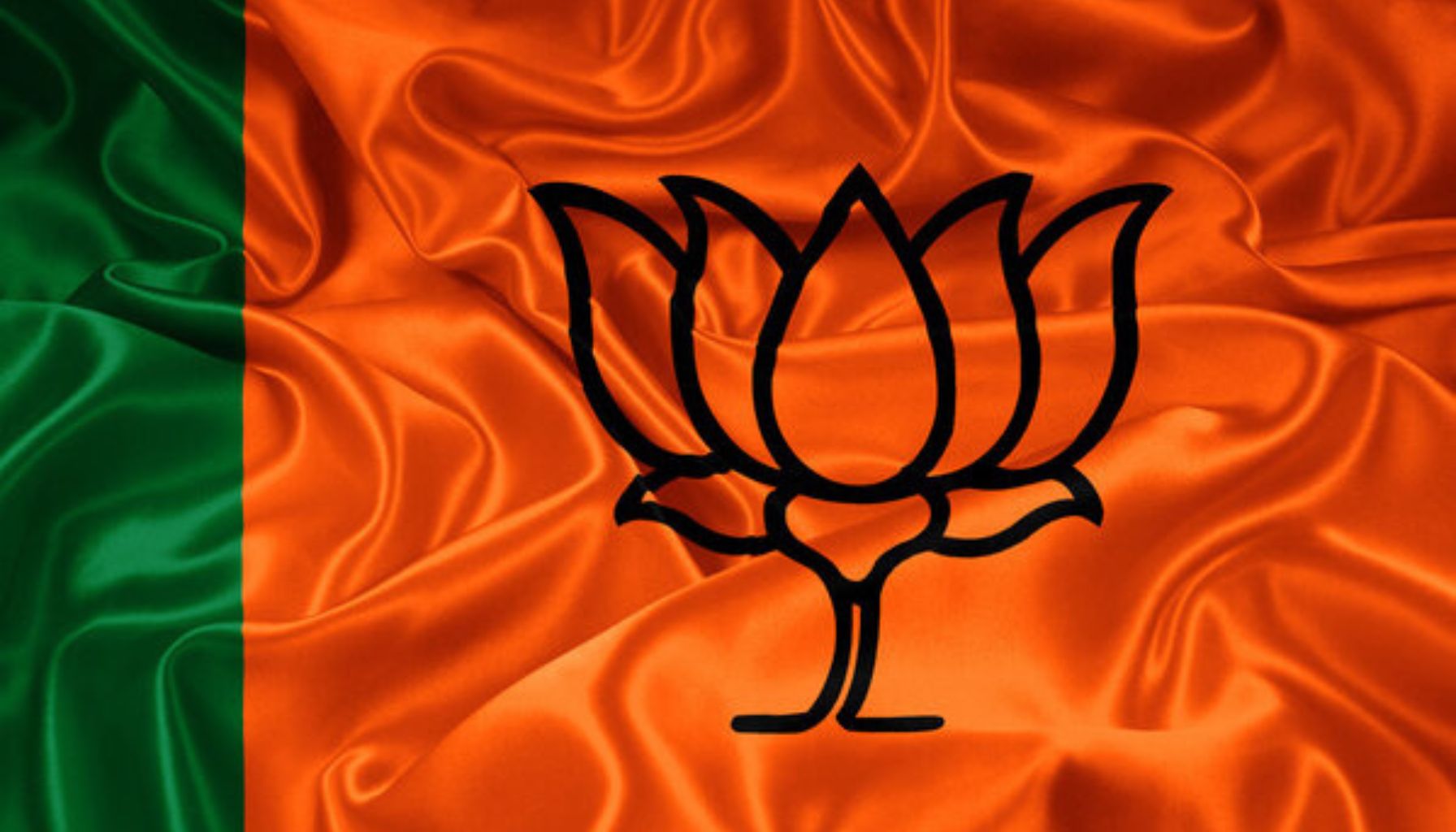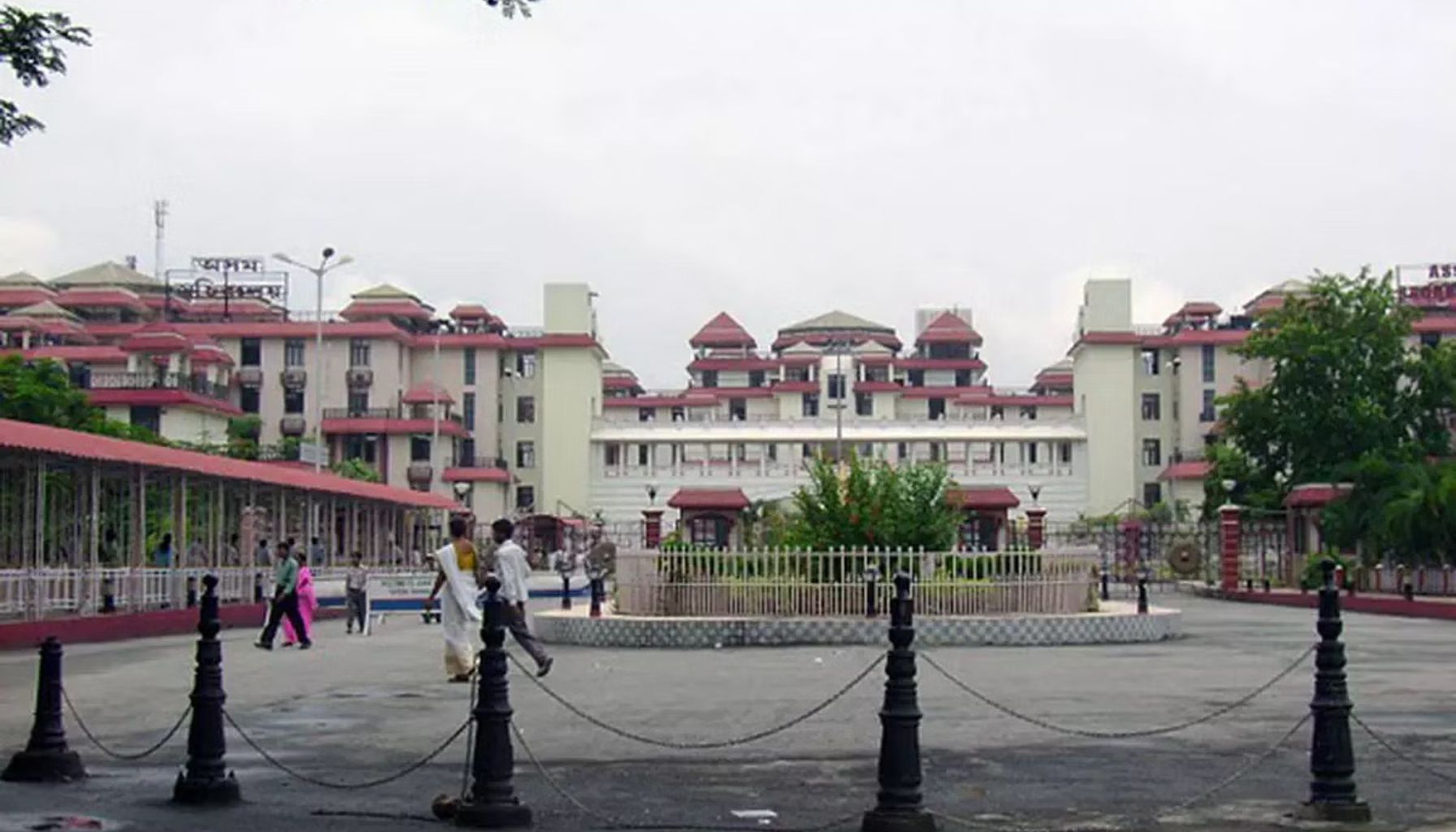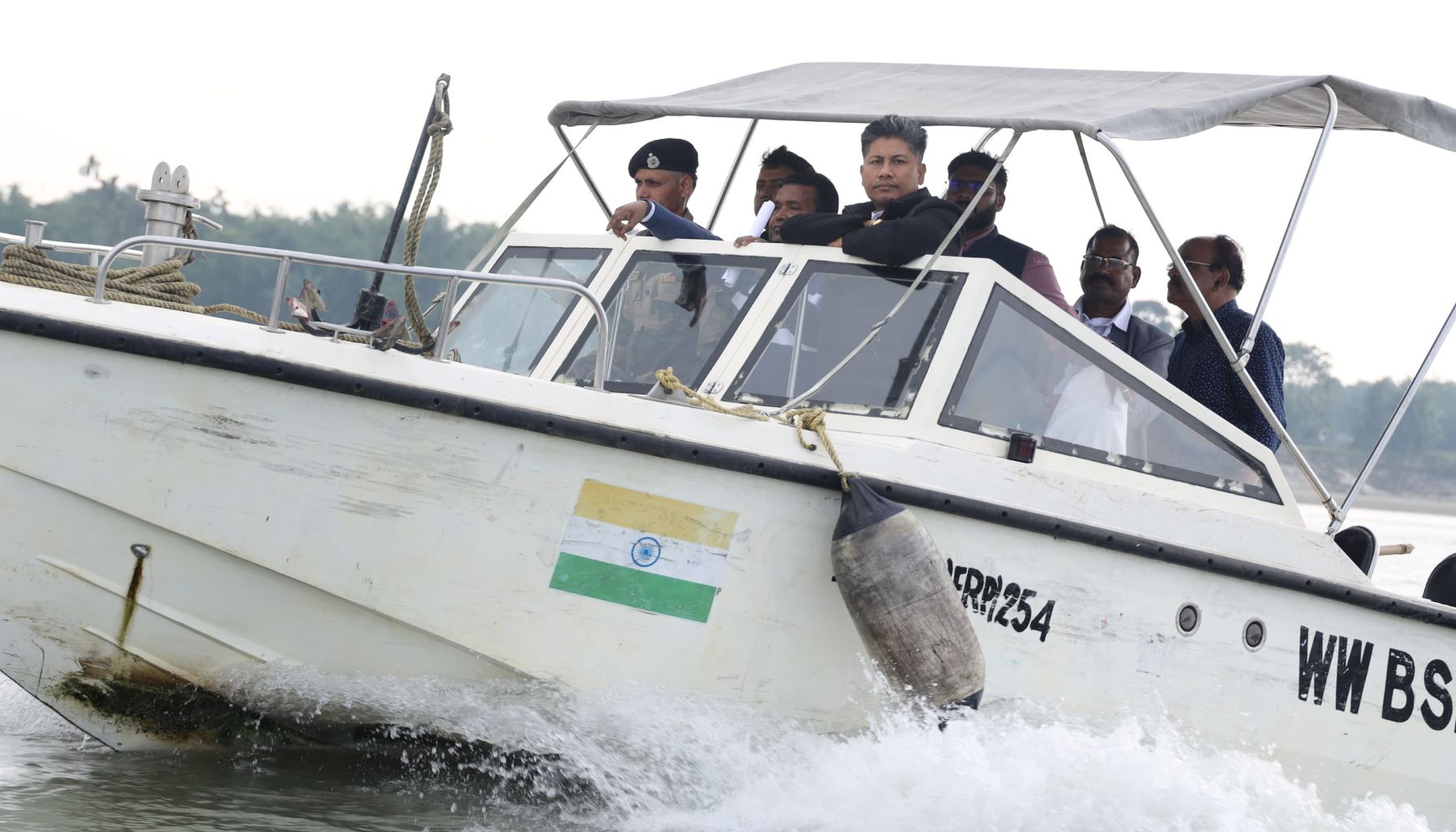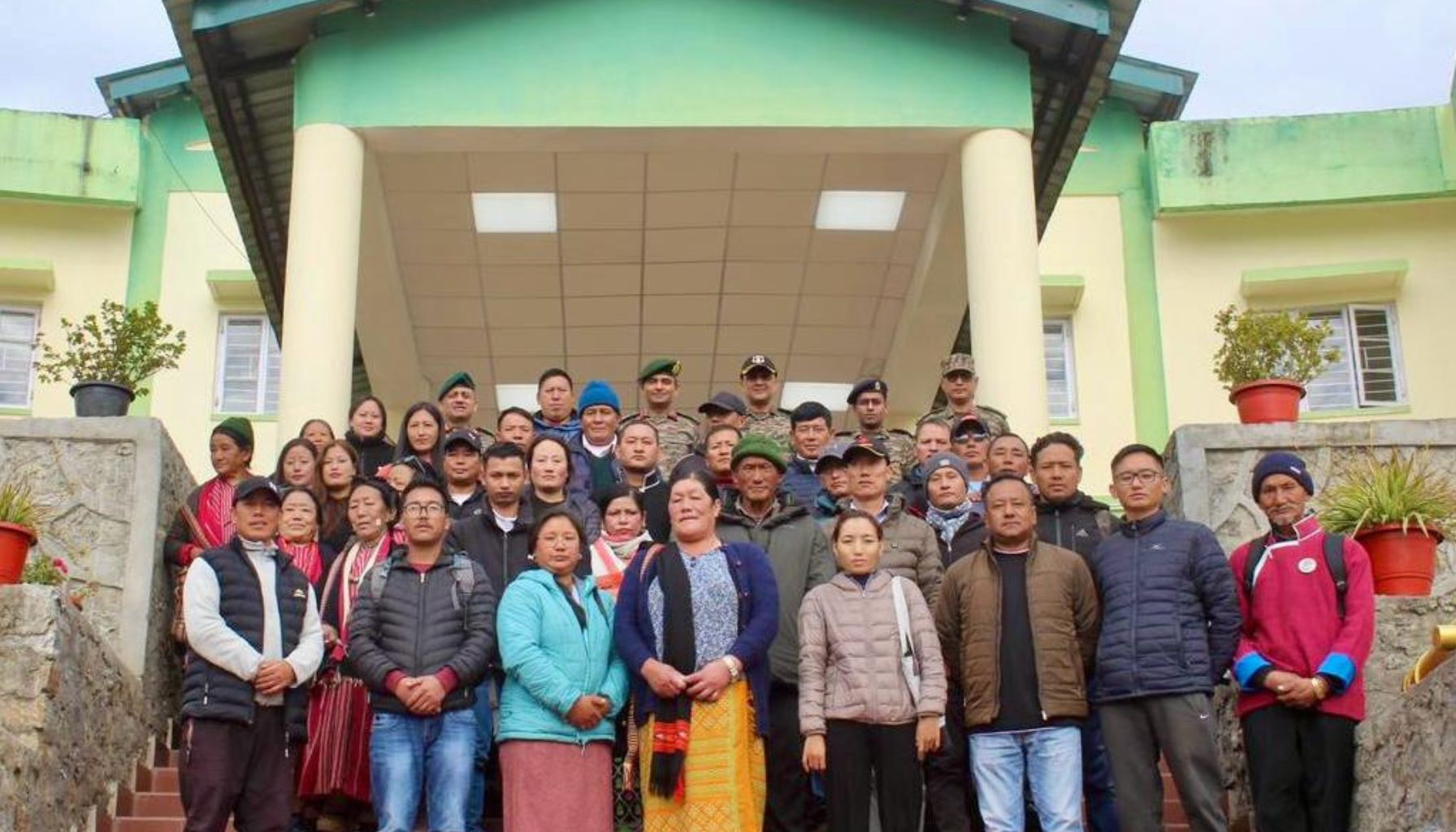T Guwahati
The Pollution Control Board, Assam (PCBA), recently conducted an assessment to understand how the immersion of Durga idols during the conclusion of the Durga Puja festivities in Guwahati affected the water quality in the city. This study aimed to evaluate the changes in water parameters at various immersion ghats during the pre-Durga Puja period, the actual immersion process, and the post-Puja period.
Biochemical Oxygen Demand (BOD), an indicator of organic water pollution, was one of the parameters closely monitored. BOD measures how much oxygen is needed for bacteria to consume organic material in water. Higher BOD values usually indicate more pollution in water. The PCBA found that before Durga Puja, the water quality was relatively better, but during and after the immersion of Durga idols, there was a slight increase in BOD levels at certain ghats. However, these levels remained below the prescribed limit of 3 mg/l.
The PCBA noted that the materials used to make Durga idols, including hay, clay, and colors containing toxic metals like lead, zinc, copper, and chromium, could dissolve in the water during immersion, potentially degrading water quality and impacting the local ecosystem.
To assess these changes comprehensively, the PCBA collected water samples from different immersion ghats in Guwahati. The pre-Durga Puja sampling took place on October 10, 2023, while immersion monitoring occurred on October 24, 2023, immediately after the idol immersion. Subsequent post-Durga Puja sampling was conducted on October 26, 28, and 30, 2023, and November 2, 2023.
Overall, the PCBA observed trends in water quality similar to previous years at most immersion ghats in Guwahati. While there was a slight increase in BOD levels at specific locations during and after Durga Puja, it remained within acceptable limits.
The study also revealed changes in other water parameters, such as chlorides and Total Dissolved Solids (TDS), during and after Durga Puja. Chloride levels, for instance, increased from 2.0 mg/l before Durga Puja to 4.0 mg/l during immersion. TDS levels also showed a slight increase during and after the festival.
In conclusion, while there were observable changes in water parameters due to the immersion of Durga idols, the overall impact on water quality in Guwahati remained relatively modest. Nonetheless, it underscores the importance of being mindful of environmental concerns during festivals like Durga Puja to preserve and protect our natural resources.











